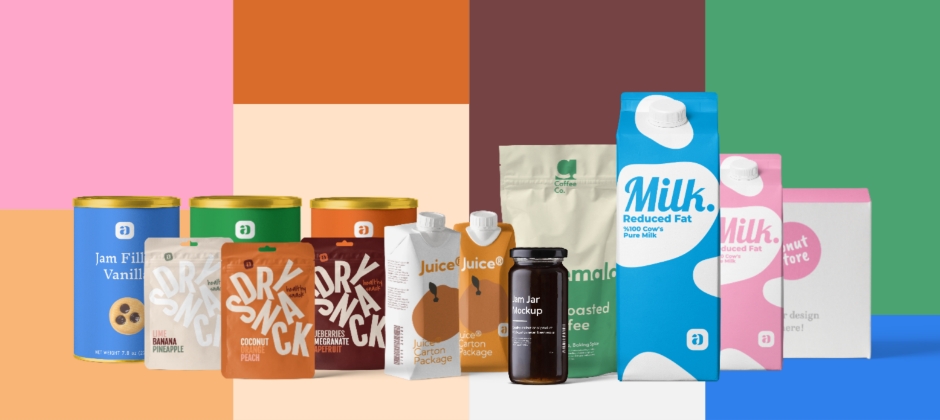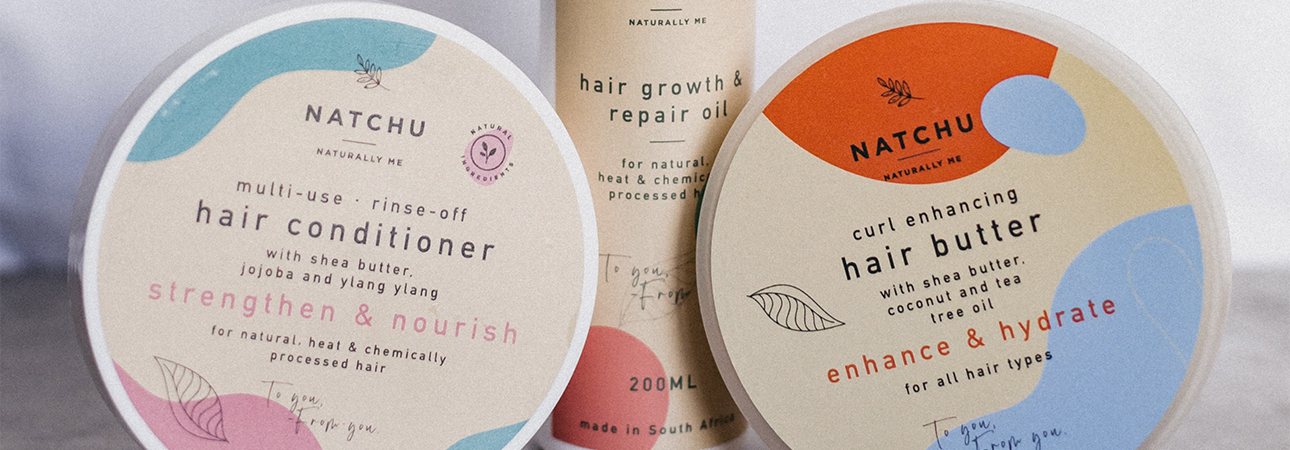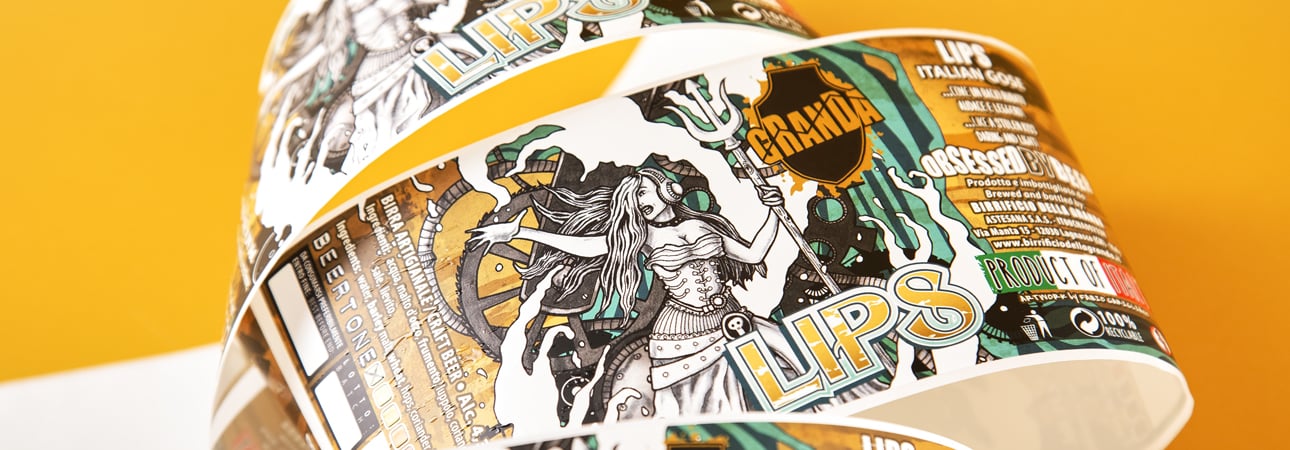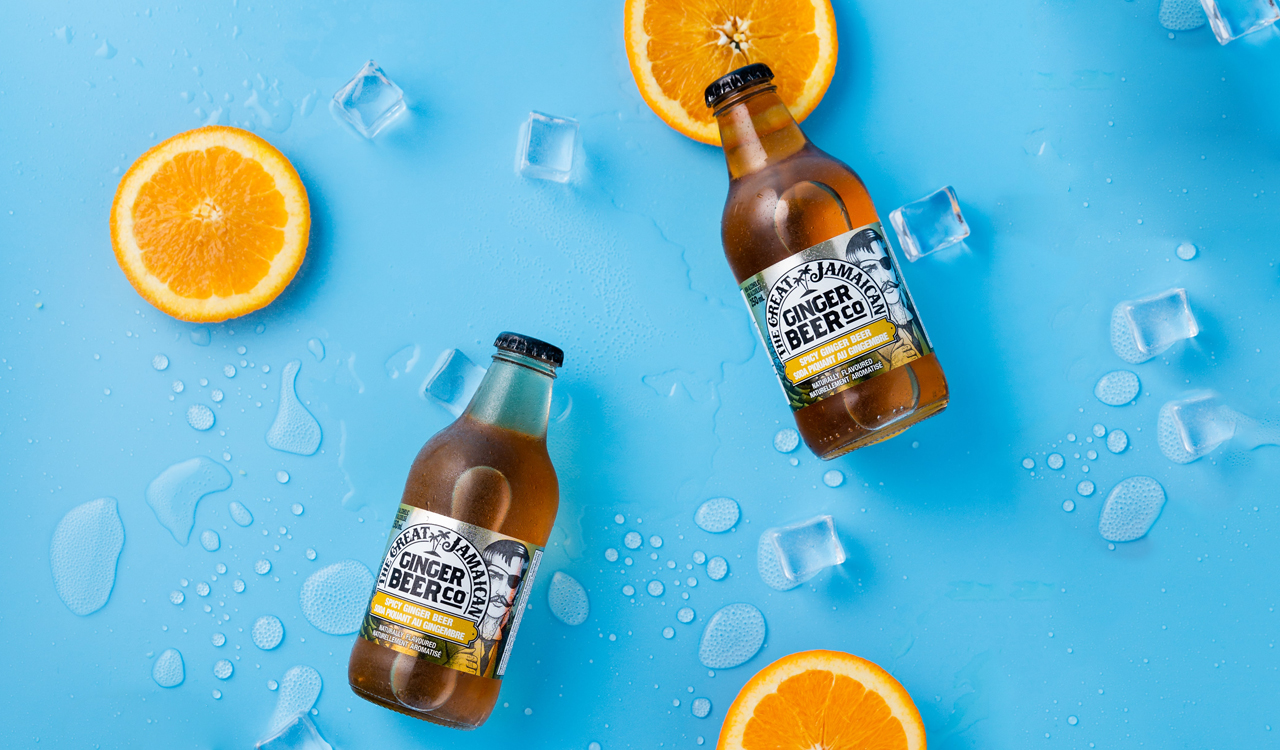Did you like the article? Share it!
Private Labels: everything you need to know

Creating a new product is often thought to be a long and complicated process, but thanks to private labels, it may not be. Thanks to this type of production, it is possible to take an existing product and sell it with your label!
The phenomenon of private labels has spread widely in recent years and is an increasingly consolidated reality. But, don't know what it is? In this article, we will explore in detail what private labels are, the mechanisms behind them and the pros and cons of their use.
Here are the points we will cover in our article:
How do Private Labels products work?
Who manufactures Private Labels products?
How to get started with a Private Labels product: here is a short guide.
Oppaca's tips about Private Labels.
What do Private Labels mean?
With the term private labels, we mean the products made by an external company that is personalized with its brand. To be clear, we refer to all those products marketed under the distributor's brand and not that of the manufacturer, whose brand is associated with the store sign, especially when it comes to large-scale distribution or the "large-scale distribution" of supermarkets. Private labels are also known as private label products or branded products.
Private labels products can be compared in quality to the products of the best-known brands, but they are usually offered at more competitive prices, so consumers often prefer them.
Private labels are a more profitable market, as it is free from the entire marketing sector, which instead affects the best-known brands. Moreover, not having to bear a whole series of costs to promote the product, the profit margin for the distributor (who acts as an intermediary between producer and consumer) will be more significant.
How do Private Labels products work?
A distributor commission private labels products from one or more suppliers chosen by him based on a contract. The supplier produces these products, and then the distributor comes into play and sells them by presenting them under his brand. As a retailer, the distributor can decide everything about the product – what it should contain, how it should be packaged, and what its label should look like. A practical example is that of the beauty sector, such as hairdressers or beauticians, who often create styling or body care products that customers can buy directly in their salons.
Introducing private labels within one's offer is made to build customer loyalty, converting brand loyalty (i.e. trust and tendency towards a specific brand) into store loyalty, i.e. commitment towards the point of sale itself and not towards the brand.
Who manufactures Private Labels products?
There are two types of suppliers; the first is defined as copackers, those producers who do not have their brand but are dedicated exclusively to private labels products. The other type includes all those companies with their brand but produces additional volumes of goods for private labels.
For a company of this type, branded, being awarded private labels means making the most of the capacity of the factory lines with large production volumes or even, in some instances, obtaining essential advantages, such as forging a more lasting bond with the GDO sign.
How to get started with a Private Labels product: here is a short guide
Now let's see together, in this brief guide, what are the fundamental steps to create a line of private labels products with your brand. First of all, it is necessary to identify the market niche you want to reach and, above all, to find one or more producers to evaluate for the creation of the product. Even a little probing into the competition is always a good idea in this initial phase.
After identifying the manufacturer, it is time first to study the product (if it is not already an existing one from the manufacturer) and then the packaging and design; we will see later how relevant it is.
Once all these parts have been defined, the actual marketing will take place; here, it is necessary to study the markets to move on to selling the first batches of private labels products.
Oppaca's tips about Private Labels
The packaging. It would be best if you made your private labels product unique and different from the competition. How? Playing with its packaging, which must guarantee your product's proper maintenance and quality, but also "communicate" it in the best possible way. The goal of each company is to make a product recognizable, functional and iconic, which can allow an excellent market positioning; here, this is also the goal of the packaging, so by focusing on the right design, you can't go wrong.
The choice of the manufacturer. It is a fundamental choice because the producer is the most critical partner in creating a private label, so it is good to choose the best.
The market. Private labels can become a profitable alternative to the already-known primary product if directed towards the right market niche.
More things to know…
The downsides of adding a private label line are few, provided you have the financial resources to invest in developing such a product. Also, since the production of your product line is in the hands of a third-party manufacturer, it's important to partner with established companies. Otherwise, you could lose opportunities if your manufacturer runs into problems.
Can there be different lines of private labels within the same distributor? Indeed, over the years, distributors have tried to diversify the offer more and more by introducing other lines of the same type of product, such as the premium one rather than organic or gluten-free, etc.
We hope this short article clarifies what private labels products mean. If you need further clarification, do not hesitate to contact us, the Oppaca team is always at your disposal!
Next




